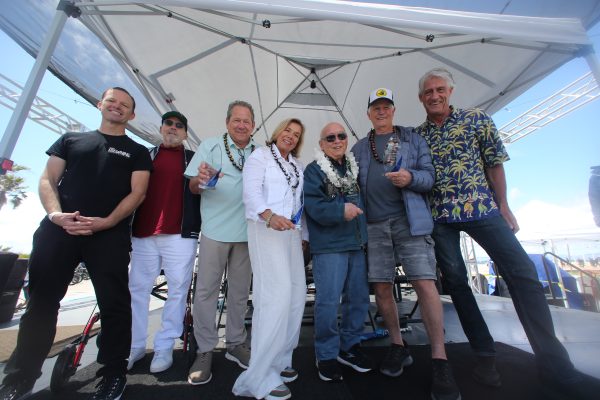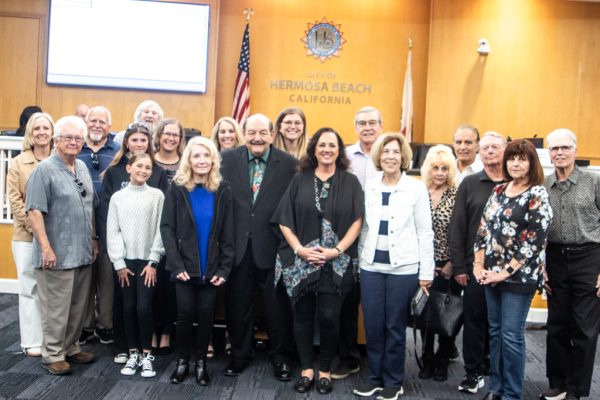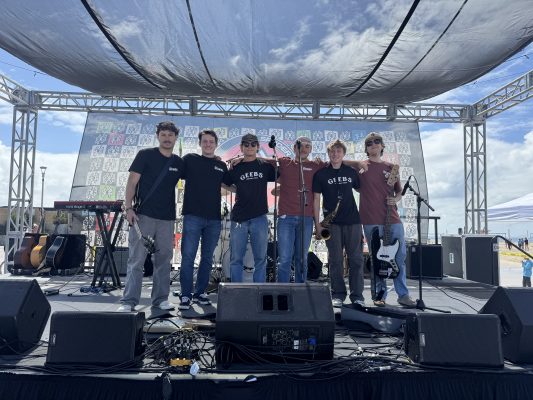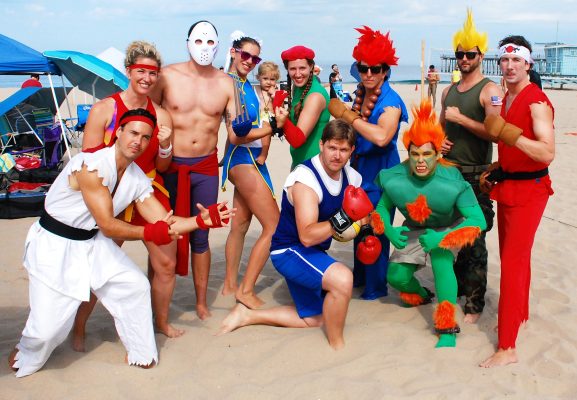
The council voted 3-2 to use 2.7 percent of the 4.5-acre South Park for a fruit and vegetable garden, in a northern section of the grassy park where an unused hockey rink has stood.
The garden would be planted and tended by Hermosans who are selected in a rotating lottery, and pay a fee.
Representatives of the Salvation Army and St. Cross Episcopal Church by the Sea told the council that they eagerly awaited donations from the garden to help feed seniors and the homeless.
“It is a challenge to be able to provide healthy meals” for homeless people, who more easily find starches and sugars, and run an increased risk of diabetes, said Rachel Nyback, rector at St. Cross.
Councilmen Michael DiVirgilio and Kit Bobko cast the dissenting votes, saying city officials were wasting time on a nonessential matter instead of more pressing business.
Councilman Jeff Duclos, who championed the garden before his colleagues, countered that members of the public had spent their time and effort pushing the project along.
DiVirgilio said South Park was chosen before other options were sufficiently explored. He had pushed for a community garden on private land or on public land other than parkland.
Bobko described the creation of the garden as an unfair land grab.
“This, to me, isn’t about gardening. It’s not about tomatoes, it’s not about carrots. What we are going to do is take property from the public, by legislative fiat, and give it to a few people who we prefer,” Bobko said.
Bobko said the garden plan was going forward because of “some larger political something-or-other that I can’t wrap my hands around.”
The council voted unanimously to develop a permitting process for the popular food trucks for special events such as the Hermosa Art Walk, and for church and school fundraisers.
Kevin Barrett of the Southern California Mobile Food Vendors Association urged the council to reconsider a 10-minute limit for the trucks to park on city streets. Council members did not directly respond.
The city has the 10-minute rule in place as a safety measure for the narrow roadways, and Barrett said the time limit effectively works as a ban.
On the parking front, the council voted unanimously to require that employee permits be bought by owners of businesses, and not the workers. The owners would distribute the permits to employees.
The council discussed further possible changes including roughly doubling the $143-a-year cost, moving employees from metered spots on the streets and into designated spaces in the downtown parking garage, and setting specific hours for each permit so that an employee could not use it to park for reasons other than work.
DiVirgilio said he wants to “head in the direction of abolishing this program,” while still making employee permits available for businesses that might need them, such as early-opening restaurants that want to be sure their workers can find a spot. He called it a “radical” idea for the program.
Duclos pointed to “a consistent problem of employees parking in the residential neighborhoods,” near the western commercial areas and in other parts of town.
He suggested businesses should arrange with each other to find employee parking, perhaps utilizing areas such as the parking garage at the Vons shopping center at Pier and Ardmore avenues.
“Is it incumbent upon the city to provide parking for the employee, or is it incumbent on the employer?” Duclos asked his colleagues.
Mayor Howard Fishman, who ran parking enforcement for the City of Manhattan Beach for 10 years, said employee parking on streets leaves fewer spaces for business patrons and beachgoers.
Last year 184 employee parking permits were purchased, representing 85 businesses. A report by city officials said the program “generally does not appear to be abused.”
Council members called for a study of the employee parking issue at a January 2011 meeting, at which they backed away from discussing any increases in the cost of parking permits for residents.
Bobko, DiVirgilio and Councilman Peter Tucker had previously voted to discuss raising residents’ permits from $40 to $100 a year, with a third permit at the same home going up to $200 and a fourth permit to $300, along with an annual increase from $40 to $300 for guest parking permits.
But facing an overflow crowd in the council chambers and an 85-page printout of searing emails, they quickly killed the permit talk, with the exception of parking permits for workers. ER










